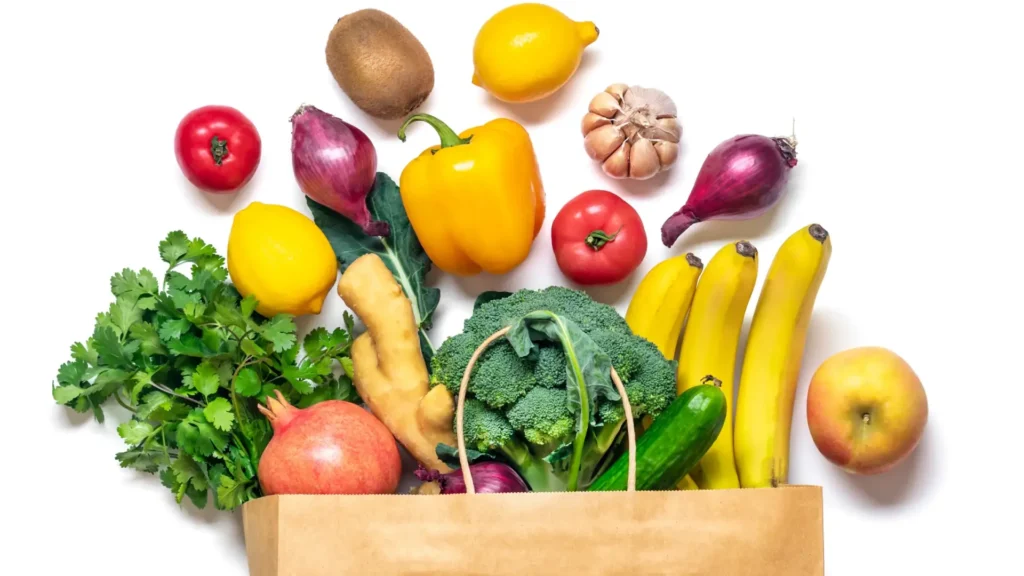Embracing the organic lifestyle extends beyond a mere buzzword; it’s a commitment to sustainable, pesticide-free agriculture. Organic produce is cultivated without synthetic pesticides, herbicides, or genetically modified organisms (GMOs). This method not only reduces environmental impact but also assures consumers that their food is free from potentially harmful chemicals.
Conventional Realities: Navigating the Traditional Path
Conventional groceries, on the other hand, adhere to traditional farming practices that may involve the use of synthetic pesticides and fertilizers. While these methods enable mass production and often result in lower prices, they come with potential health and environmental considerations. Consumers opting for conventional choices should be aware of the trade-offs associated with the conventional approach to agriculture.
Nutritional Nuances: Breaking Down the Labels
When comparing organic and conventional products, nutritional nuances come to the forefront. Studies suggest that organic produce may contain higher levels of certain nutrients, antioxidants, and essential minerals. However, it’s essential to recognize that the overall nutritional impact might be subtle, and the primary benefit lies in minimizing exposure to harmful chemicals rather than significant nutrient variations.
Eco-Friendly Practices: A Closer Look at Sustainability
Beyond personal health considerations, the organic choice champions eco-friendly farming practices. Organic agriculture promotes soil health, biodiversity, and water conservation. By opting for organic products, consumers actively contribute to a more sustainable and environmentally conscious food production system.
Budgetary Considerations: Balancing Health and Finances
While the organic route may align with health and environmental values, it often comes with a higher price tag. Budget-conscious shoppers may find themselves weighing the benefits against the cost. Fortunately, strategic shopping, including prioritizing certain organic items and exploring local markets, can help strike a balance between health-conscious choices and budget constraints.
A Holistic Approach to Grocery Decision-Making
In the perpetual tug-of-war between organic and conventional, there’s no one-size-fits-all solution. The key lies in adopting a holistic approach to grocery shopping, considering personal health goals, environmental values, and financial constraints. Armed with information, consumers can navigate the grocery department with confidence, making choices that align with their unique preferences and priorities.
Learn more:
Grocery Store Gems: Discovering Hidden Treasures in Every Aisle




